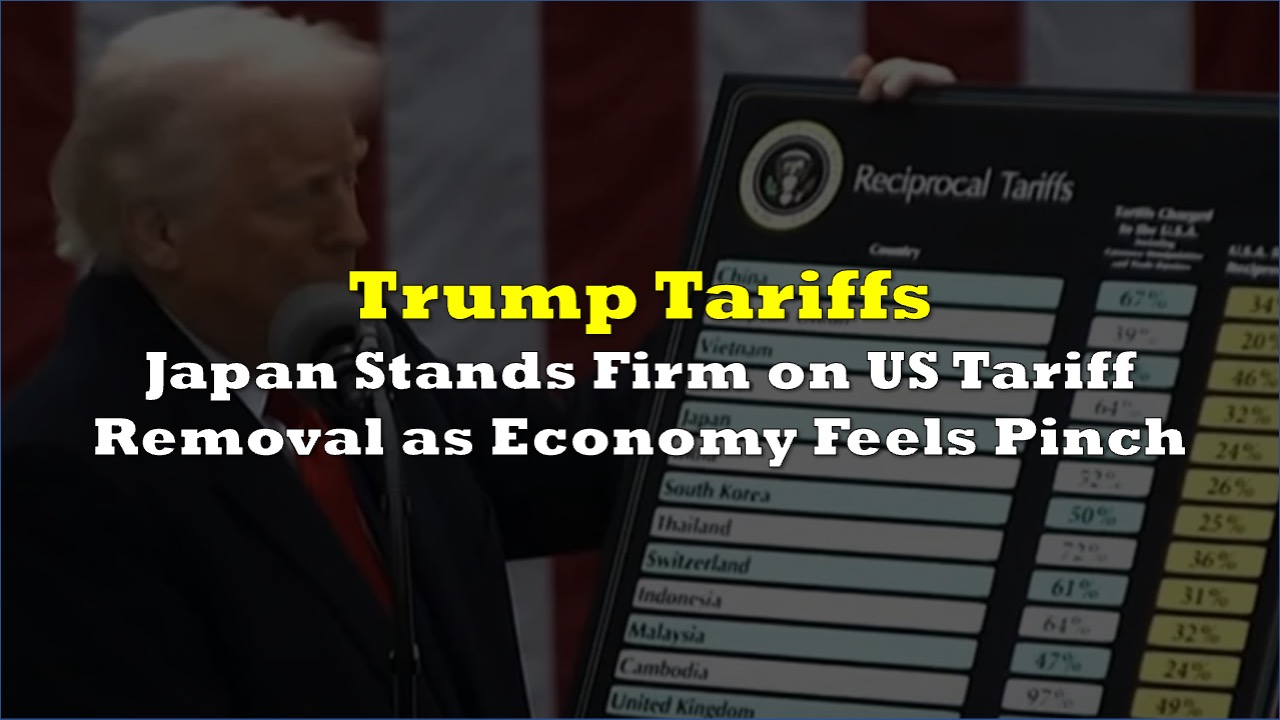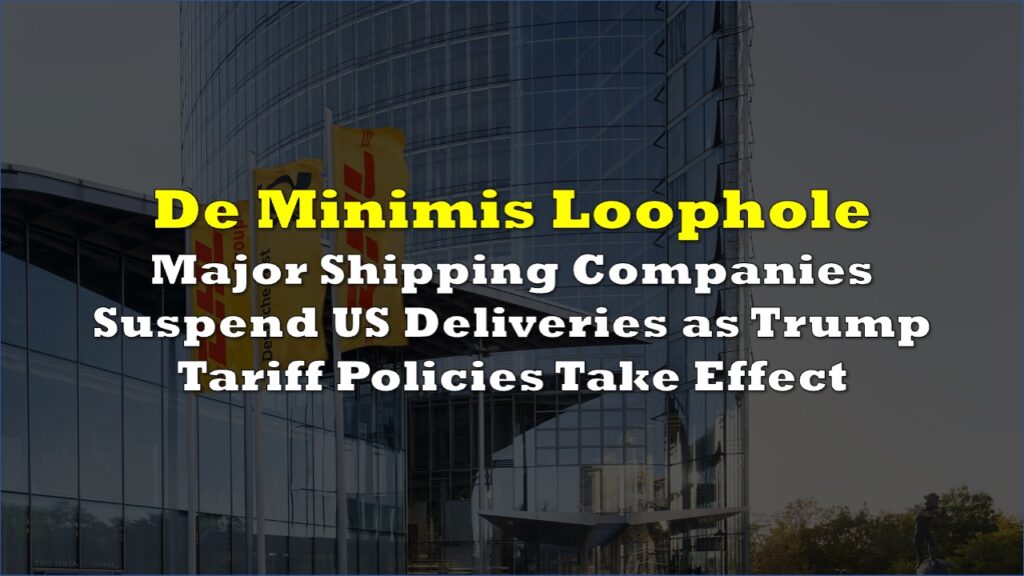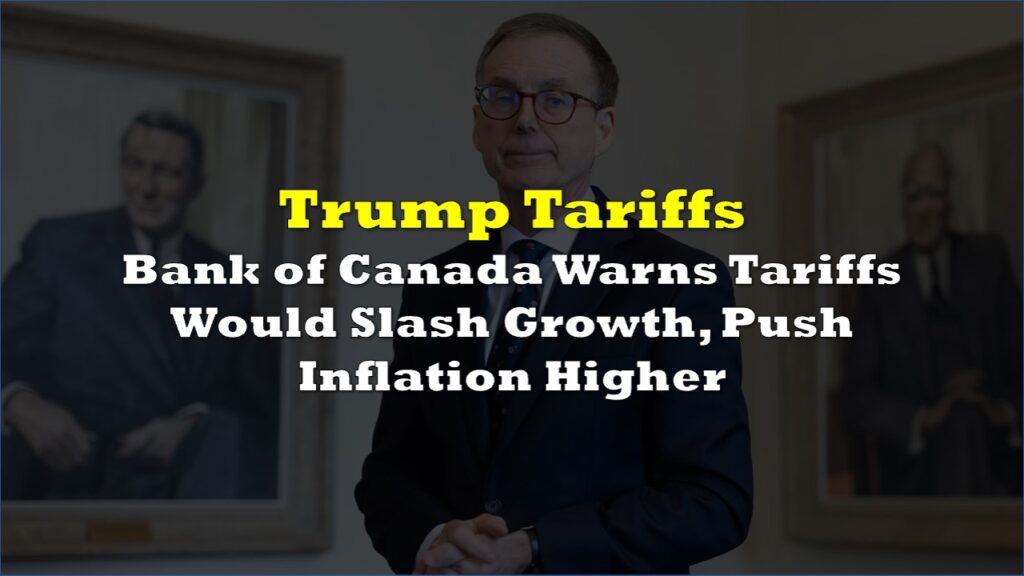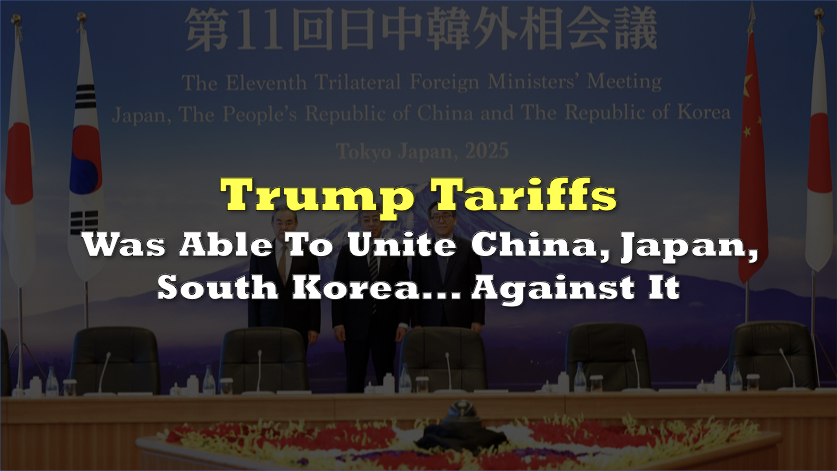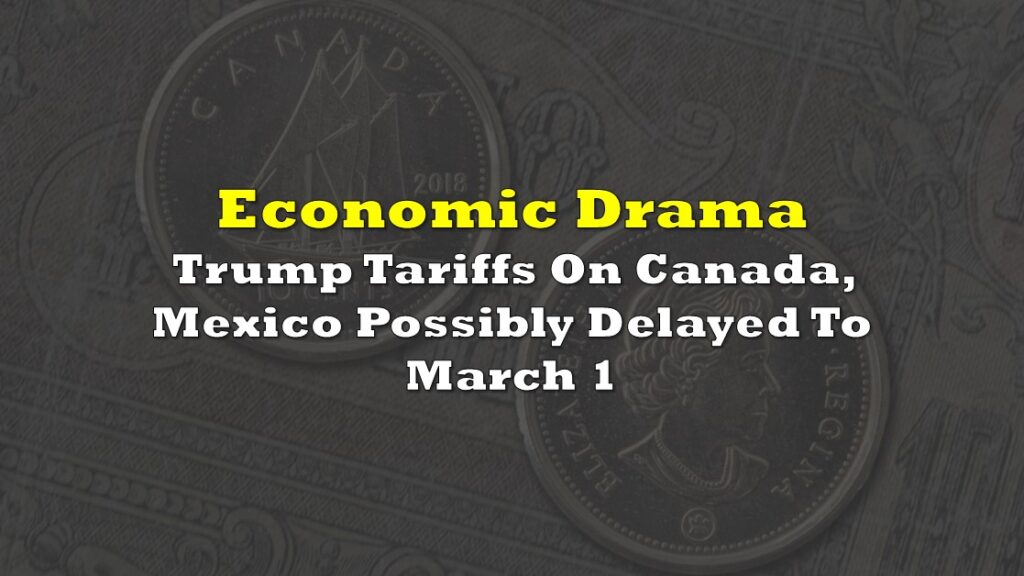Japan is holding firm in demanding the complete removal of US tariffs as the two economic giants face a July deadline for negotiations, with early signs of economic damage already appearing.
“There’s no change to our stance of seeking a review, which is to say an elimination, of them,” Japan’s Economic Revitalization Minister Ryosei Akazawa told reporters Tuesday, referring to US tariffs on Japanese goods.
Japan’s exports to the US fell 1.8% in April compared with a year earlier, the first decline in four months, according to Finance Ministry data released Wednesday. The drop contrasts with a 3.1% increase in March.
The Trump administration imposed a complex tariff structure on Japan in April, including a baseline 10% universal tariff, a higher 24% “reciprocal” tariff paused until early July, and a 25% duty specifically on automobiles — a critical sector accounting for nearly a third of Japan’s exports to the US.
Prime Minister Shigeru Ishiba has instructed negotiators not to make major concessions or rush into a deal that could harm national interests.
This is rather big. Japan announces that they expect Trump’s fantasy “reciprocal” tariffs to be lifted completely. Japan doesn’t often state its goals this clearly ahead of negotiations. Another sign that Tokyo is seriously pissed this time. https://t.co/hrpNgFA9lc
— Pascal Lottaz (@PLottaz) May 20, 2025
“We must not let the desire to reach an agreement quickly come at the expense of Japan’s national interests,” Akazawa said.
Japan’s chief tariff negotiator Ryosei Akazawa is set to travel to Washington from Friday, with a third round of high-level talks potentially starting as early as Saturday. Treasury Secretary Scott Bessent, Trade Representative Jamieson Greer, and Commerce Secretary Howard Lutnick will represent the US side.
The tariffs have already contributed to Japan’s economic contraction, with GDP shrinking an annualized 0.7% in the first quarter of 2025, government data showed. Economists had forecast a more modest 0.2% decline.
Japan’s trade surplus with the US decreased to 780.60 billion yen ($5.40 billion) in April, down from 846.86 billion yen in March.
The Nikkei stock index fell 0.6% Wednesday as investors processed the potential long-term impact of the tariff scheme, with Japan emerging as “a notable loser” among Asian markets.
Finance Minister Katsunobu Kato has ruled out using Japan’s substantial US Treasury holdings — approximately $1.27 trillion — as leverage against Trump’s tariffs.
Related: Japan’s Kato Says US Debt Holdings Give Tokyo Potential Leverage
“We manage our US Treasury holdings from the standpoint of preparing for in case we need to conduct exchange-rate intervention in the future,” Kato told parliament last month.
Sources familiar with the negotiations said Japan is considering offering increased imports of US corn and soy, technical cooperation in shipbuilding, and a revision to inspection standards for imported automobiles as potential compromises.
This will probably be percieved as "not in good faith"https://t.co/mFMaPpkf96
— Marko Kolanovic (@markoinny) May 20, 2025
Japanese policymakers and ruling party lawmakers have emphasized that any deal must include lifting the 25% tariff on automobile imports, given the industry’s economic importance.
A poll by the Yomiuri Shimbun newspaper last week showed the Japanese public is pessimistic, with only 19% of 1,072 people surveyed expressing expectations for successful talks, while 72% do not.
Bank of Japan Governor Kazuo Ueda warned parliament that “US tariffs will likely put downward pressure on the global and Japanese economies through various channels.”
Most economists expect the tariffs to reduce Japan’s economic growth by 0.6 percentage points in the current fiscal year ending in March 2026, according to a survey by the Japan Center for Economic Research.
The US intends to keep negotiations focused primarily on the reciprocal tariffs, while Japan insists on discussing all tariffs, including the baseline 10% and the 25% auto tariffs. Observers suggest Japan might be intentionally stalling in hopes that the US will roll back tariffs as economic and political pressure builds domestically.
Information for this story was found via Japan Times, Reuters, Fortune, and the sources and companies mentioned. The author has no securities or affiliations related to the organizations discussed. Not a recommendation to buy or sell. Always do additional research and consult a professional before purchasing a security. The author holds no licenses.

